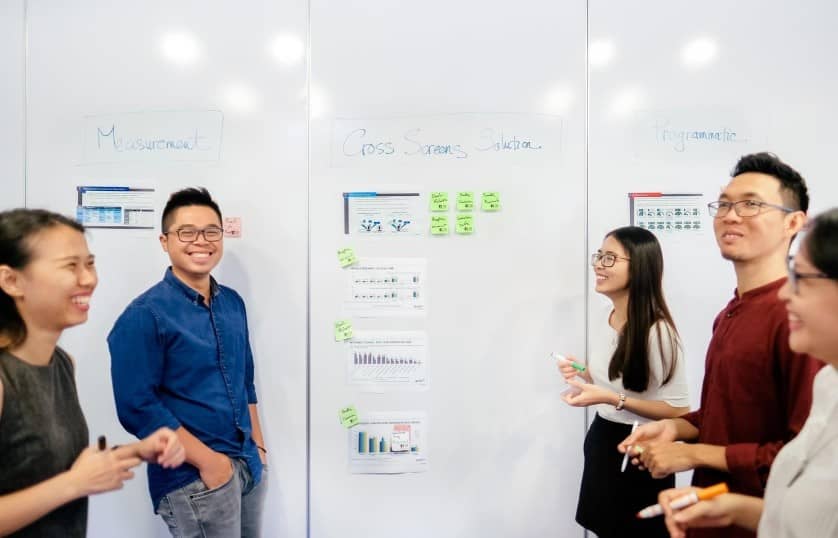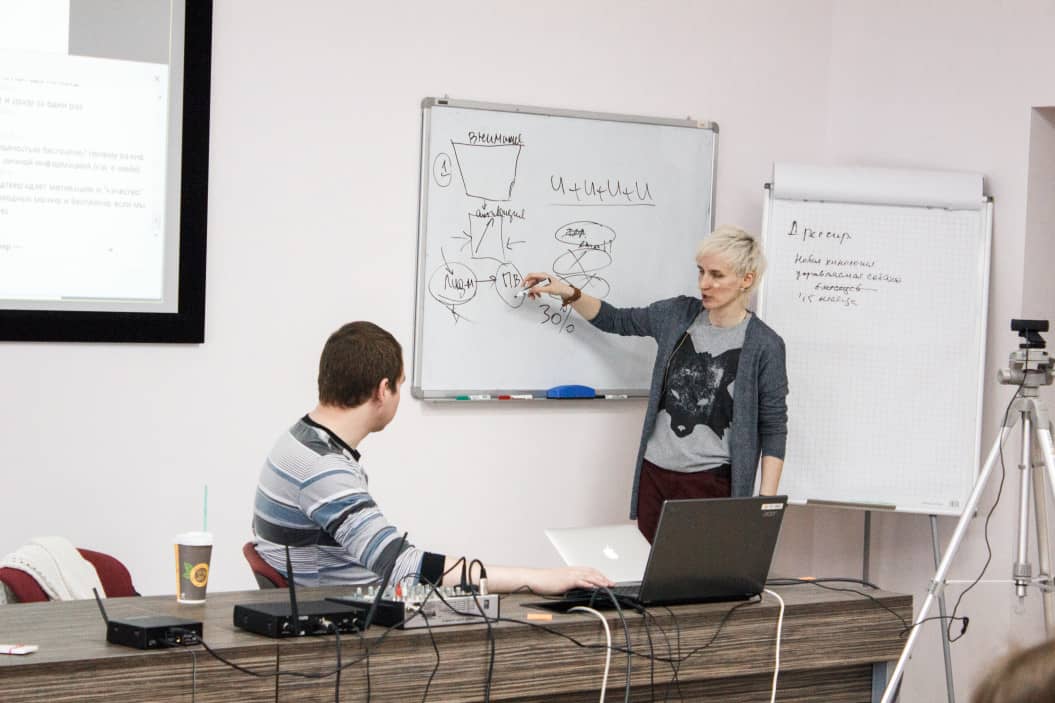
A training session provides valuable instruction and knowledge to the involved individuals. Whether you are arranging corporate and team skill lessons or general workshop courses, distinguished methods are applicable, including lectures and assessments or discussions and demonstrations.
Although training programs are excellent methods to improve your employees’ career advancement, they can be a waste of time if conducted inappropriately. This article will provide you with some crucial information, including five reasons causing a session to fail, and how to carry out a successful one.
How do you carry out a productive training session?

In the previous section, we have already pointed out the most remarkable reasons for training failure. Thus, in this one below, eight tips for organising a successful program are about to be revealed.
1. Needs assessment is required

This is the first step you need to take before managing a training program. Try to collect partakers’ information, which are age, gender, majors, and cultural diversity. It is advisable to prepare a test for the members as well. From the data gathered, setting up objectives would be much easier.
2. Goals to achieve
Determining SMART goals is essential as they are the perfect tools to stimulate any progress. A correct goal must be crystal-clear, challenging, inspiring, and based on your company’s core ideology. Hence, it is worth considering stakeholders, managers, and even colleagues’ needs if you are appointed to lead the program.
3. Certain amount of information
As mentioned, engaging too much information can be overwhelming to trainees. Consequently, they are likely to forget what they have been trained. Therefore, decide what should be crucial, then organise them logically.
4. Determine the learning style

Since you have evaluated your audience previously, selecting a suitable learning method is not so tricky. The three most popular learning styles are Visual, Auditory, and Kinesthetic – Tactile. For each technique, specific supporting tools are required.
5. Appropriate supporting media
Preparation of suitable supporting media tools is compulsory for conducting a proper session. The most commonly used ones are Power-point presentation, charts, projector slides, and videos. These tools are doubtless to be excellent supporters during your training phase, but they have pros and cons when applied in different situations. Thus, choosing an assistant is highly dependent on the size and learning style.
6. Training materials
The materials come up as a motivation and a sort of direction. Real-life examples and thought-provoking questions are encouraged during your session. To conclude, suitable materials can differentiate a magnificent course from a normal instructional one.
7. Appointed tasks and activities

Appropriate tasks and activities are an excellent way to help practice and build up the two-way relationship between the coordinator and participants. Practical tasks based on your training process should be added, and ice-breakers won’t be a bad idea.
8. Evaluation
Finally, you should request input from the individuals going to your session to measure how well they process the information and what they enjoyed most and least about it. A survey after your program is an ideal approach, or a follow-up email also makes a wonderful choice.
Why do training programs fail?

No appropriate goals are set up
This is the number one reason causing failure to not only training sessions but also conferences and projects. Provided that you haven’t got the slightest idea about what outcomes you desire to achieve, you shouldn’t carry out any programs.
Competing priorities are to be fulfilled in limited time
In various cases, both employees and entrepreneurs continually work towards the privileged lists of tasks, and a proper training program appears to take the back seat. As a result, every trainer knows well that “schedule conflicts” are to blame for flagging attendance.
The designed session is overwhelming for participants
To maximise resources and minimise logistical expenses, enterprises often provide intensive programs. Nevertheless, this is not an efficient way to train your staff because there is too much information to take in, and people tend to forget what they’ve been taught under such circumstances.
No evaluation is available after the training phase
Since trainees don’t often practice during the process, the knowledge gained may not be adequately applied. Hence, the skills taught have to be used, and a strategy for reinforcing new skills after the training ends must be set up. Otherwise, 90% of what your employees have been trained could be lost.
Low level of interest
Several training programs struggle with a lack of interest from workers who regard the training offered with no value or benefits to their success. Trainees may leave sessions early or skip classes outright if they perceive it to be time-consuming, meaningless, and tedious.
Managing an efficient program can be challenging yet possible. Remember to stay organised, set up clear goals, and select the right delivering methods for your trainees. Additional tips to maximise effectiveness are choosing a proper learning environment and giving frequent assessments during the process.
Real Estate Investor, OSDORO
Bachelor of Applied Finance and Bachelor of Laws, Sydney, Australia.
David has been in real estate business since 2002 and has a passion for South East Asian cross border cooperation.
As an entrepreneur, David has won multiple tech industry awards, including 2019 for Best AI Startup GITEX awards, 2019 Best AI Technology Accathon Capital USA and recipient of the Wharton Innovation Fund Grant. His last startup, Woveon, was a New York VC backed AI enterprise business intelligence company that worked on customer data stitching and analytics of billions of conversations.
David is also the recipient of state and national Australia technology prizes including the PWC Innovation Award and Intel Enterprise Technology awards.